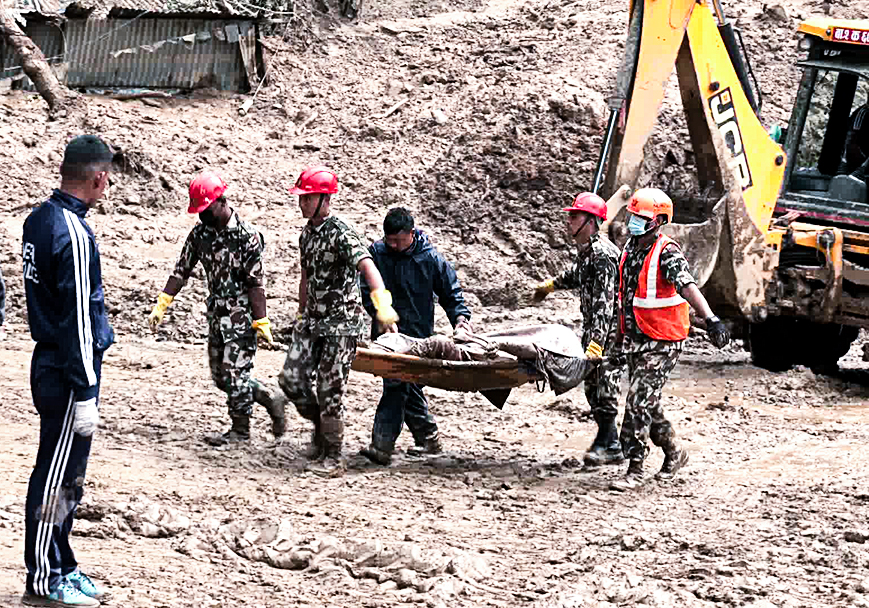The commonly used number of radiation sessions can be cut by half in mastectomy patients who need the treatment before breast reconstruction, according to a study reported at a large meeting of cancer radiologists.
Today many breast cancer patients receive radiation on a daily basis for three weeks, instead of the older practice of daily treatments for five to six weeks.
“But patients after mastectomy who were planning breast reconstruction were the one group where we didn’t have sufficient data to support shorter courses,” study leader Dr. Matthew Poppe of the University of Utah in Salt Lake City said in a statement.
The shorter course involves higher daily doses of radiation that might increase side effects and impact the reconstructive process, he explained.
Poppe’s team studied 650 patients with invasive breast cancer who underwent post-mastectomy radiation followed by either immediate or delayed breast reconstructive surgery using implants alone or their own tissue, with or without implants.
Patients received either conventional radiation in 25 sessions over five weeks or 16 sessions over roughly three weeks. Two years after reconstructive surgery, complication rates were statistically similar, at 14% among shorter-course patients and 12% in the standard-course group. Side effects were equally mild for both groups.
“The results of this trial show we can safely reduce treatment time for these patients to three weeks, without compromising their reconstruction,” said Poppe, who reported the findings at the American Society for Radiation Oncology meeting in Washington on Monday.
“We expected a complication rate of 25% to 35%” based on smaller prior studies, coauthor Dr. Atif Khan of Memorial Sloan Kettering Cancer Center in New York said in a statement. “It was very exciting to see a complication rate that was nearly half what we anticipated.”
Within three years of treatment, recurrence rates were 1.5% in patients who received the shorter-course radiotherapy, compared to 2.3% in those in the conventional arm.
“There’s been a slow start to moving to shorter treatment courses after mastectomy, even with no reconstruction,” Poppe said. “But now we have robust data, from hundreds of academic and community centers, and from patients with any type of reconstruction, that clearly show the safety and effectiveness of short-course radiation.”
Personalized time-restricted eating helps metabolic issues
Picking an 8-to-10 hour daily “eating window” and fasting during the other hours can have modest but significant benefits on glucose control, weight, and fat mass in people at risk for diabetes and other metabolic diseases, researchers reported in Annals of Internal Medicine.
Researchers enrolled 108 adults with so-called metabolic syndrome, a series of health issues that include being overweight and having blood sugar levels characteristic of pre-diabetes. Half received standardized lifestyle and nutritional recommendations, while the other half got the same guidance but were also assigned a personalized 8-to-10 hour eating window.
Three months later, the time-restricted eating group showed modestly better improvements in blood sugar control.
The eating-window group also had a greater average decrease of weight, and a higher proportion of the weight lost was from fat. That suggests that time-restricted eating likely poses a lower risk for deterioration of muscle associated with weight loss, the researchers said.
“Our bodies actually process sugars and fats very differently depending on the time of day,” study coauthor Satchidananda Panda of the Salk Institute in La Jolla, California said in a statement.
“In time-restricted eating, we are re-engaging the body’s natural wisdom and harnessing its daily rhythms to restore metabolism and improve health.”
(Reuters)



















